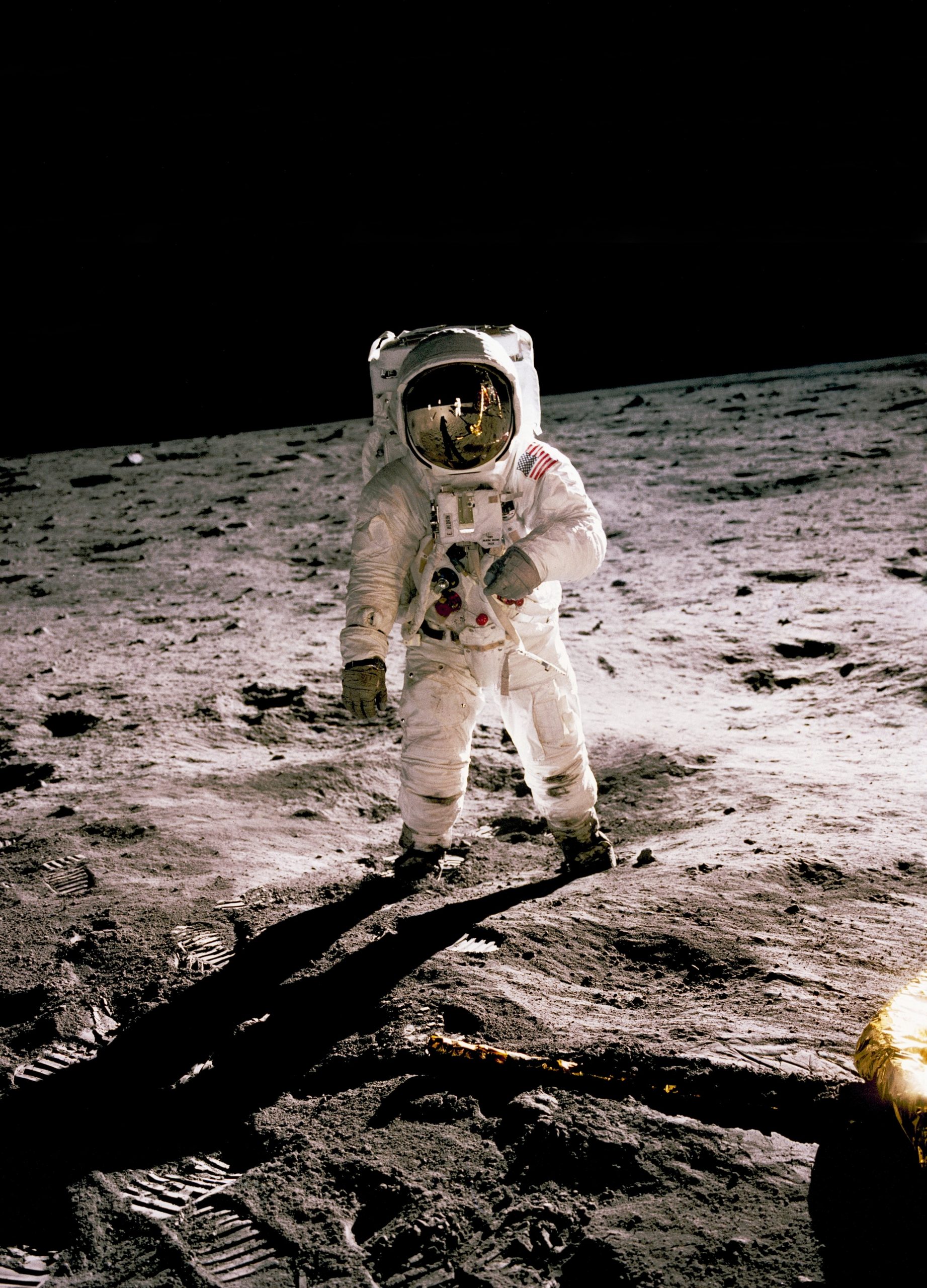
Gaming Editor Louis Wright weighs the negative environmental impact of space exploration against the potential for humanity’s survival beyond planet earth
Since the mid-1900’s, organisations across the globe from NASA to the USSR have been funding and researching the exploration of space, mapping out the endless cosmos that lies before humanity. Space has often been cited as ‘The Final Frontier’; humanity has always looked to the stars and wondered what the bounds of space may contain. However, as we spiral deeper into the climate crisis as a species, the question has to be posed: is humanity actually ready for ‘The Final Frontier’?
There are several issues regarding the climate crisis when it comes to space exploration; the biggest of which is the sheer emission of greenhouse gases when it comes to the task. An estimate on the annual carbon footprint of astronomical research places yearly production of Carbon Dioxide (CO2) at around 20 million tons. This is the equivalent of some smaller countries. Moreover, this data is only accounting for the production of CO2 in regards to astronomical research, not counting the massive production of the greenhouse gas in regard to the launching of numerous space crafts aiding in space exploration. For example, Richard Branson’s trip in Virgin Galactic produced up to 300 tons of carbon dioxide alone.
Estimates place annual production of CO2 from astronomical research at around 20 million tons
However, this seemingly massive production of Carbon Dioxide is utterly dwarfed by the sheer levels of greenhouse gas production by other forms of travel. In 2019 the CO2 emissions of aviation was estimated to be around 1 Billion tons. In comparison, the production of greenhouse gases and the ultimate contribution to the climate crisis by astronomical research and space exploration is miniscule in comparison to other producers that should realistically be focused beforehand for a more substantial impact to reducing emissions.
Moreover, there is always the possibility for space exploration to move towards cleaner burning fuels and more efficient processes in the future. Private spaceflight company Blue Origin has designed the BE-3 engine which utilises a liquid hydrogen based fuel, therefore ensuring the emissions are clean. Moreover, engines such as these and SpaceX’s Falcon 9 rocket are reusable, creating less waste in terms of resources and requiring less materials to have to be gathered. As seen with these innovations, space exploration being a producer of greenhouse gas may soon be a fact of the past.
Space Exploration is a necessity for the survival of humanity
Outside of the argument of the climate crisis, space exploration is a necessity for the survival of humanity in any long-term scenario. Professor Stephen Hawking said in 2008 on space exploration “It will completely change the future of the human race and maybe determine whether we have any future at all.” By this he meant space exploration will provide a greater outlook for humanity not only in terms of our lives on Earth but also a potential life out amongst the stars. While humanity is locked solely to Earth, it is at risk, as a species, to numerous extinction level events. Asteroids, pandemics, and even the climate crisis risk destroying humanity if it is to remain domiciled to a singular planetary body. In the same lecture, Hawking discussed the idea of moon-bases and Mars-bases, not only to reinvigorate a passion for space exploration, but also to give humanity a failsafe. As the climate crisis worsens, a failsafe appears more pertinent than ever.
As the climate crisis worsens, a fail-safe seems more pertinent than ever
Regardless of the question of whether humanity is ready for ‘The Final Frontier’, space exploration is a necessity. In a world that is being slowly destroyed by the immense production of greenhouse gases through a range of means, space exploration presents itself as a solution for the survival of the species if all other preventative actions fail. Its progression to clean fuels and waste reduction as a field prove the study’s dedication to not only saving the planet but also providing a means for humanity to exist beyond it.
Enjoyed this Article? Check out more from Sci&Tech here:
Climate Questions: Should we Mine the Deep Sea?

Comments